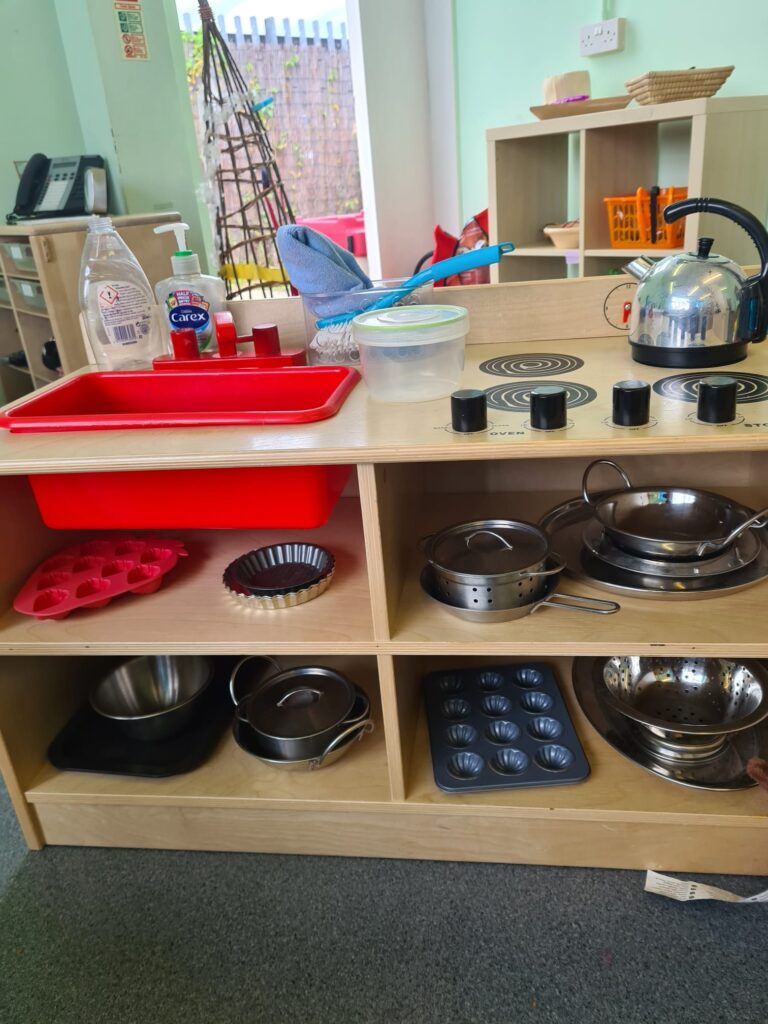Why is role play important?
Role play can develop your child’s speech, language and communication skills and it can be an opportunity to play the same game over and over again to develop confidence.
It involves the next stage of imaginative play, where your child is able to ‘become’ someone or something else.

When participating in role play, your child can copy and practice the words they have heard others saying, which ultimately develops their vocabulary and language skills.
In addition, your child will be aware that in order to participate well in the game, they need to listen to others in order to respond and follow the game in an appropriate manner. Therefore, this type of play promotes the use of speaking and listening skills.

In taking on a role, your child sees how it feels to have another point of view, and learns that the world looks different to different people.
Role play also helps your child to learn to empathise with others. This is crucial for their social and emotional development, as they become more aware of their own mind, and can think of different strategies to try when faced with a task or a problem.

Top tips:
- Create role play situations that your child is familiar with: for example mummies and daddies, doctors and nurses, working in a café/shop, cooking, picnics etc so they can act out the scenarios they experience regularly
- Choose an activity that you are both familiar with: this will make the experience more fun and engaging for you and your child
- You are the role model: you as the adult can model the type of language and behaviours you would you use in the environment – it’s amazing how quickly children mirror this from you
- Your child may want to play this game over and over again: by doing this they become more confident, and you can introduce new items to play with and new vocabulary
